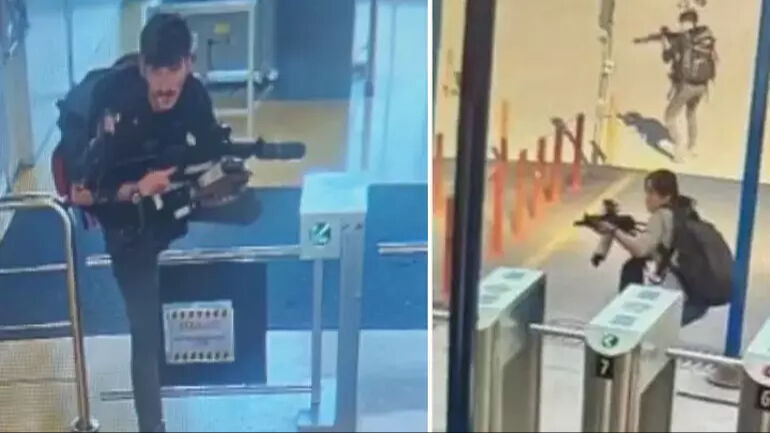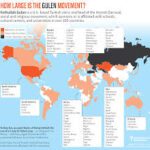Today’s attack on Turkish Aerospace Industries (TAI) near Ankara, which resulted in five fatalities and 22 injuries, closely resembles the incidents that undermined Turkey’s first Kurdish peace initiative in 2015. Similar to the initial peace process’s collapse after the assassination of two police officers in Şanlıurfa after the bombing in Suruç, today’s incident seems to be yet another endeavour to undermine renewed reconciliation attempts between the Turkish state and Kurdish factions.
In 2015, the truce between the Turkish government and the Kurdistan Workers’ Party (PKK) exhibited potential, fostering optimism for a peaceful settlement to the protracted conflict. Nevertheless, violence instigated by multiple parties disrupted the process, resulting in a collapse of confidence and heightened tensions. The PKK claimed that they were responsible for the killings of police officers, which they stated were carried out as a form of vengeance for what they thought to be government responsibility in the attack on Suruc. An unstable truce that had been in place since 2013 came to an end as a result of this.
Today, Turkey finds itself in a similar situation, with renewed efforts toward Kurdish peace hanging in the balance. Interior Minister Ali Yerlikaya promptly ascribed the TAI attack to the PKK, despite the absence of any party claiming credit. The assaults occur at a pivotal moment when political tensions in Turkey are high and dialogues over a renewed Kurdish peace initiative are resurfacing.
The timing of these attacks looks to be intentional, just like it was in 2015, as the government of Turkey navigates not only domestic tensions but also its role in regional and global politics. The government’s response to the current attack, combined with the imposition of a media blackout and social media restrictions, reflects a cautious approach, similar to the actions taken during the breakdown of the previous peace process.
President Recep Tayyip Erdoğan, presently participating in the BRICS conference in Russia, denounced the assault as an endeavour by “terrorist organizations” to jeopardize national security. His statements reflect analogous attitudes articulated after the disintegration of the initial Kurdish peace process, wherein the government started comparing the PKK and Kurdish political parties with other terrorist dangers, like ISIS.
The PKK’s role as a primary antagonist is, once again, at the forefront. In 2015, the peace effort was hindered by allegations that the Turkish government was covertly supporting ISIS in their conflict with the Kurds. These assertions intensified hostilities between the state and Kurdish factions, leading to the collapse. Currently, with a prospective peace process emerging, elements antagonistic to the Kurdish cause—both domestically in Turkey and internationally—may seek to obstruct any advancements toward peace.
In light of the attacks at TAI, it is clear that power rivalries within Turkey as well as among actors from outside the country make it difficult to take any steps toward settling the Kurdish question. Any peace process is susceptible to sabotage because of the delicate balance that exists between certain political interests, military strategies, and diplomatic efforts in the region.
Similar to 2015, these violent attacks are intended to exploit political differences and erode public trust in peace endeavours. They cater to the interests of those who perceive that peace will jeopardize their dominance over critical areas or diminish their influence in Turkey. These attacks, whether they are carried out by geopolitical actors with vested interests or by extremist factions, create an atmosphere of dread, which makes it more difficult for moderate voices on all sides to prevail.
Ultimately, as Turkey grapples with this latest tragedy, the lessons of the first Kurdish peace process should serve as a warning. Without addressing the underlying tensions and external pressures that have derailed previous efforts, the country may find itself once again embroiled in a cycle of violence and mistrust that only benefits those opposed to peace. The challenge for Turkey’s leadership now is to steer through these provocations without abandoning the hope of a peaceful resolution to the Kurdish issue.
By: NAT Editorial Team



